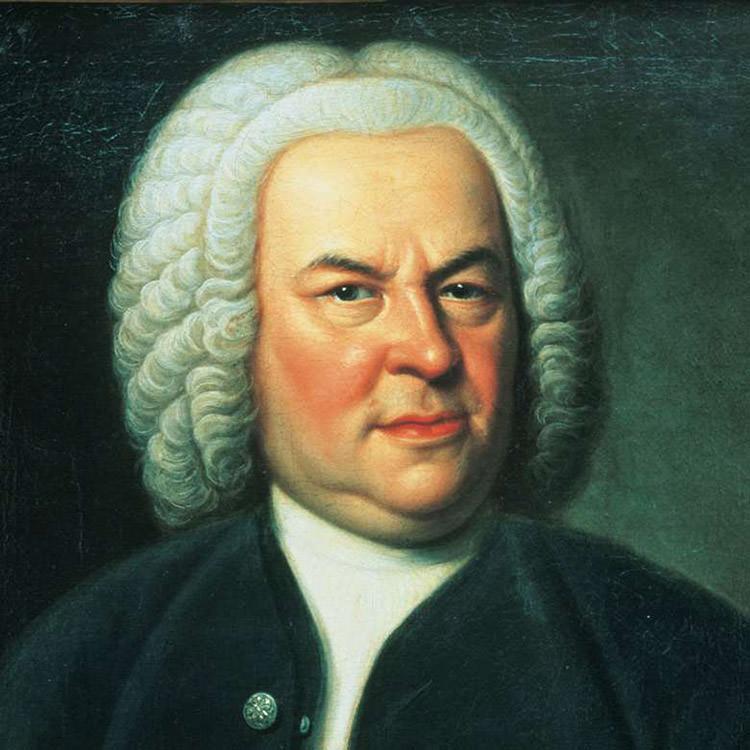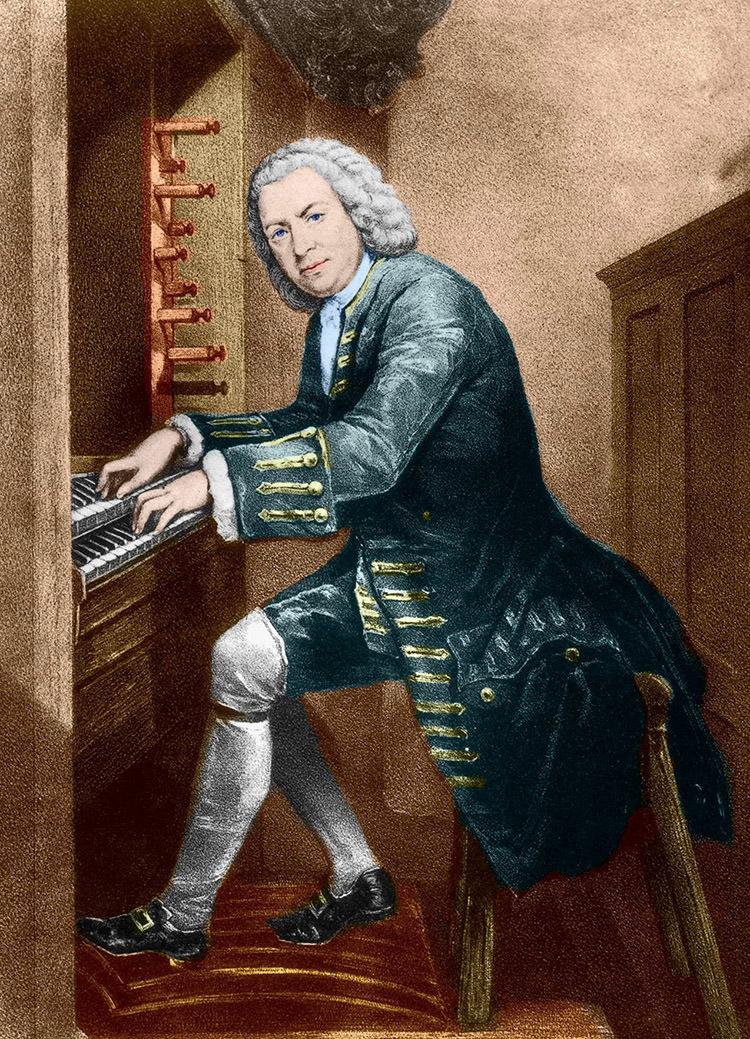The enduring influence of Bach music on society
Baroque era, has had a profound and enduring influence on society. Bach's compositions, which span various genres and forms, continue to resonate with audiences and shape the musical landscape in numerous ways. Here are some aspects of Bach's enduring influence:
Musical Mastery and Innovation: Bach's music showcases unparalleled technical skill, harmonic complexity, and contrapuntal craftsmanship. His compositions demonstrate a remarkable balance between structure and emotion, combining intricate counterpoint with profound expressiveness. Bach's innovations in form, such as the development of the fugue and his exploration of new harmonic territories, laid the foundation for Western classical music and influenced generations of composers who followed.
Cultural and Artistic Identity: Bach's music embodies the essence of the Baroque era and has become synonymous with the period. His works reflect the cultural and artistic values of his time, expressing the grandeur, complexity, and spirituality of the Baroque aesthetic. Bach's music has served as a cultural touchstone, representing the pinnacle of achievement in Baroque composition and becoming a symbol of Western classical music as a whole.
Influence on Compositional Technique: Bach's compositional techniques and musical language have influenced countless composers across different periods and styles. His mastery of counterpoint, harmonic progression, and formal structures has been studied and emulated by generations of musicians. Composers such as Mozart, Beethoven, Chopin, and Brahms have acknowledged Bach's influence on their own works. Even in contemporary music, traces of Bach's harmonic and contrapuntal language can be found in the compositions of artists ranging from jazz musicians to progressive rock bands.
Sacred Music and Religious Influence: Bach's deep religious faith is evident in his extensive body of sacred music. His choral works, such as the Mass in B minor, the St. Matthew Passion, and the St. John Passion, are considered masterpieces of sacred music. Bach's music embodies the devotional spirit of his Lutheran faith and continues to inspire reverence and reflection in religious settings. His compositions have been performed in churches and cathedrals worldwide, connecting generations of listeners to a sense of spirituality and offering solace and inspiration.

Performance and Interpretation: Bach's music presents both technical and artistic challenges for performers, making it a vital part of the classical music repertoire. Musicians and ensembles strive to capture the essence of Bach's music through careful interpretation and performance. The enduring popularity of Bach's works has given rise to a rich tradition of performances, recordings, and interpretations by renowned musicians, ensuring that his music remains alive and accessible to diverse audiences.
Educational Value: Bach's compositions serve as a cornerstone of music education. Students of classical music often study his works to develop their technical skills, deepen their understanding of harmony and counterpoint, and refine their interpretive abilities. Bach's music provides a valuable learning resource for aspiring musicians, offering them insights into the principles of composition and performance.
Universal Appeal and Timelessness: Bach's music transcends temporal and cultural boundaries, speaking to audiences of all backgrounds and generations. Its emotional depth, intellectual complexity, and sheer beauty continue to captivate listeners and evoke profound emotional responses. Bach's ability to connect with human emotions and transcend the limitations of his era has granted his music a timeless quality, ensuring its enduring influence on society.
Influence on Various Musical Genres: Bach's music has transcended the classical genre and influenced a wide range of musical styles. Elements of his compositions can be found in jazz, rock, pop, and even electronic music. Musicians and composers from diverse backgrounds have drawn inspiration from Bach's harmonic language, melodic motifs, and rhythmic intricacy, incorporating these elements into their own compositions. Bach's ability to inspire and resonate with musicians from different genres showcases the universality and adaptability of his music.
Music Theory and Pedagogy: Bach's music serves as a rich source of material for the study of music theory and pedagogy. His compositions demonstrate fundamental principles of music, including voice leading, modulation, and harmonic progressions. Students of music theory often analyze Bach's works to gain a deeper understanding of these concepts. Furthermore, Bach's music provides a vast repertoire for instrumental and vocal instruction, allowing students to develop their technical and interpretive skills.

Influence on Instrumental Technique: Bach's compositions have had a significant impact on instrumental technique and performance practice. His music presents technical challenges that require performers to master complex passages, intricate fingering, and demanding ornamentation. Musicians who study and perform Bach's works often develop exceptional technical skills and a refined sense of phrasing and expression. Bach's music has influenced the development of instrumental technique in various instruments, including the piano, violin, organ, and guitar.
Community and Audience Engagement: Bach's music fosters a sense of community and engagement among performers and audiences. His compositions have become staples of concert programs, music festivals, and community events, bringing people together to appreciate and celebrate his music. The performance of Bach's works, whether in large concert halls or intimate settings, creates a shared experience that connects performers, listeners, and enthusiasts, generating a sense of collective appreciation and enjoyment.
Influence on Musical Architecture: Bach's mastery of musical form and structure has had a lasting impact on the architecture of music. His compositions demonstrate meticulous craftsmanship in organizing musical ideas, creating intricate webs of interwoven melodies and harmonies. Bach's understanding of musical architecture has influenced composers in subsequent periods, who have drawn inspiration from his approach to form, thematic development, and the organization of large-scale musical works.
Influence on Musicological Research: Bach's extensive body of work has been a subject of intense musicological research and scholarly analysis. Researchers explore various aspects of Bach's music, including its historical context, performance practice, and compositional techniques. The study of Bach's manuscripts, autographs, and early editions has provided valuable insights into his musical intentions and practices. The continuous exploration and examination of Bach's music contribute to a deeper understanding of his artistry and its significance within the broader historical and cultural context.
Historical and Cultural Icon: Bach's music has become an enduring symbol of German cultural heritage. His compositions are associated with the rich musical traditions of Germany and have played a role in shaping the country's cultural identity. Bach's stature as one of the greatest composers in Western music history has elevated him to the status of a cultural icon, celebrated and revered for his artistic contributions.
In summary, Johann Sebastian Bach's music continues to exert a profound influence on society through its versatility, pedagogical value, impact on various genres, and its ability to engage and captivate audiences. Bach's music transcends time and genre, inspiring musicians, scholars, and listeners worldwide, and securing his place as one of the most influential composers in the history of Western music.
Our website respects the intellectual property rights of creators, as well as the music rights of authors and composers.
The musical works are provided solely for the private use of each visitor/user
and any further exploitation of them in any way is prohibited without prior permission from AUTODIA and EDEM Rights.
Radio Art is fully approved by the Greek Collective Rights Organizations | AUTODIA | EDEM Rights
Copyright © RABS - Radio Art Broadcasting services Ltd. All rights reserved.
The Art of Relaxing & Meditation Music
Privacy Policy & TOS








